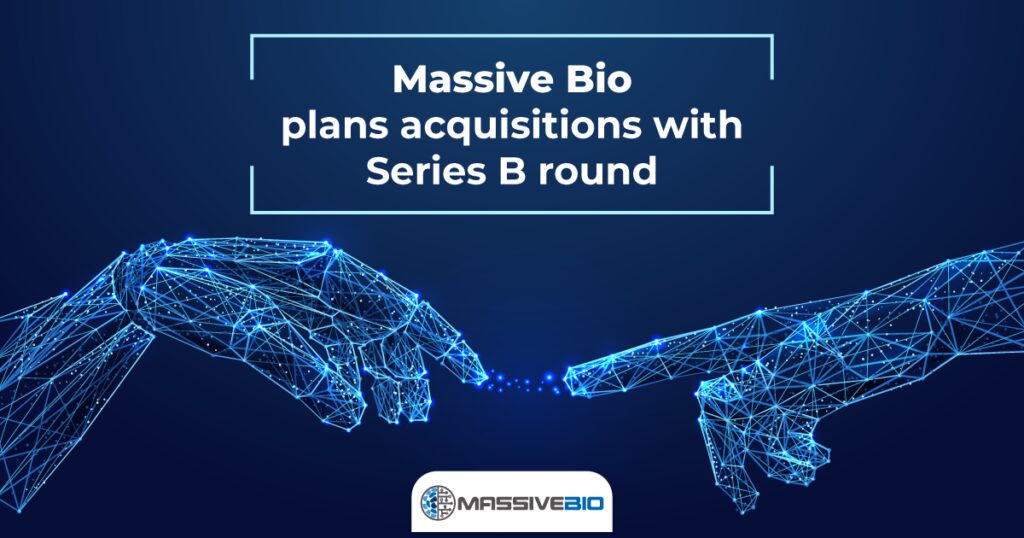The health-tech company recently raised a USD 9m Series A round at the end of May and expects to launch Series B when the markets condition are in better shape, she added. It has so far raised USD 15.8m in two rounds, Kurnaz said. The proceeds from the upcoming fundraise will be used for organic and inorganic growth options, she said. The potential acquisitions could be for patient recruitment, including contract research organisations (CRO) sites, she said. Not all targets should be startups, she said, adding that Massive Bio could acquire companies larger than itself. Citing her previous career in a Big4 company as a core member of a private equity value creation advisory team, she noted that her company could easily find finance and manage such acquisitions without elaborating on the sizes of such buys nor on the war chest.Potential targets would generally be in the US and may be in Europe, she said. Some 100 targets were reviewed, however none were spotted as eligible, Kurnaz added, declining to elaborate further.
The company reached breakeven last year, however it opted to burn cash a!er the Series A round for the sake of further growth and could again see a breakeven by the end of 2023, Kurnaz noted. Massive Bio is active in 12 countries, through either o”ices, clients or partnerships, particularly in the US, Canada, France, Germany, Italy, Spain, Romania, Poland, Israel, Greece, Brazil and Turkey, she said. It had plans to penetrate seven more until the end of 2022, however decided to delay it a!er a downturn in the global economy and focus on optimisation of the current markets and core business, Kurnaz said. Investing in its core business and markets is more meaningful at a time when the demand is still strong, rather than using its funds to penetrate new geographies, she said.
The recent Series A was led by Revo Capital and private individual investor Kenan Turnacioglu, GP of Catalio Capital Management and chairman of PageAI, as Dentons acted as the legal advisor during the process. The company plans to use the Series A round proceeds mainly for brand and marketing awareness and to launch a new product, Kurnaz said. The new round could provide a 2.5-year runway, she added. Its exit plan is to reach unicorn status in the next five years and to IPO or merge with a SPAC, Kurnaz said, ruling out a trade sale. So far the company has onboarded 60,000 cancer patients and has 26 clients, of which 18 are pharma companies, five are CRO and three are health systems or hospital chains, Kurnaz noted.

